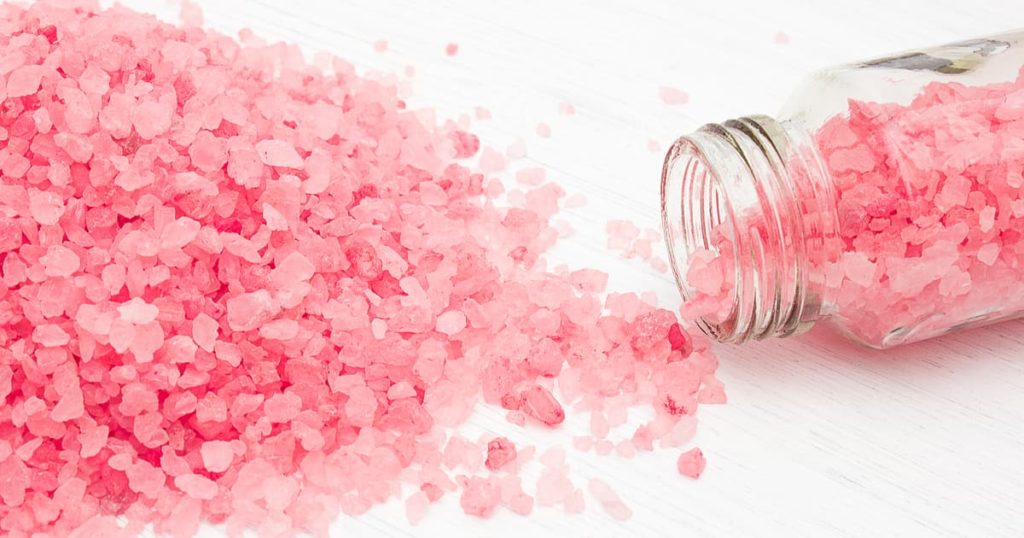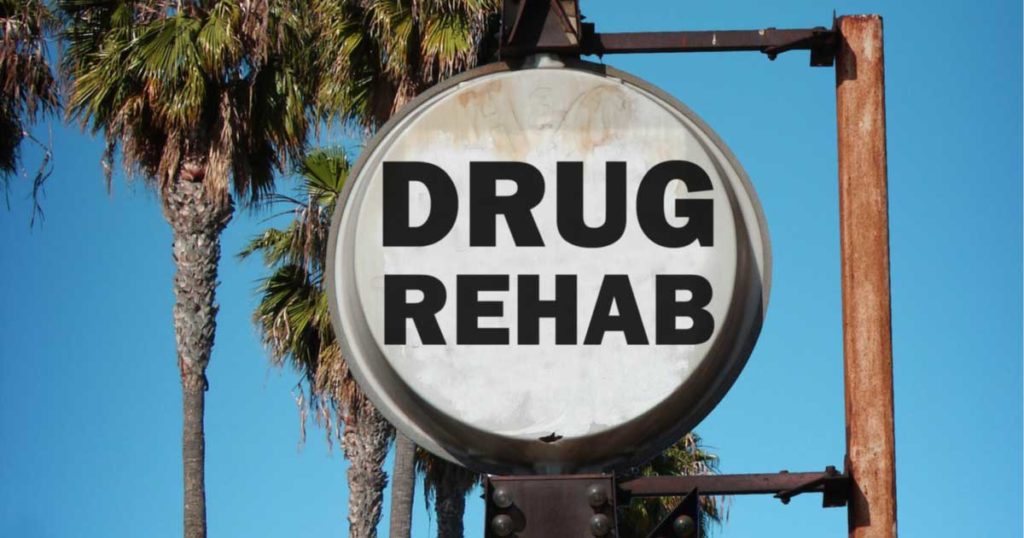The dangers of using opioids during winter should not be ignored. Using opioids during winter can pose several specific dangers and risks to individuals, exacerbating the already serious concerns associated with opioid use. If you or a loved one are struggling with opioid addiction, reach out to Promises Right Step today at 17135283709. Our substance abuse treatment programs understand the complex link between opioids and the winter months.
What Are Opioids?
Opioids are known for their pain-relieving properties, as well as their ability to produce feelings of euphoria and relaxation. Opioids bind to specific receptors in the brain and body called opioid receptors, which are involved in pain perception, mood regulation, and other physiological processes. Some common prescription opioids include:
- Oxycodone
- Hydrocodone
- Morphine
- Codeine
- Fentanyl
Examples of illegal opioids include:
- Heroin
- Synthetic opioids
Opioids are effective for managing pain, especially in situations where other pain medications may be insufficient. However, they also carry a high risk of misuse, dependence, and addiction. Prolonged use of opioids can lead to physical and psychological dependence, which can result in withdrawal symptoms when trying to quit.
Opioid Use During Winter
During the winter months, individuals are at a higher risk of developing a dependence or relapsing. There are several reasons for this, such as:
- Holiday stress
- Financial worries
- Isolation
- Lack of resources due to extreme weather
- Seasonal affective disorder (SAD)
If you or a loved one struggle with addiction or addictive habits, it’s encouraged to closely monitor the situation in winter months to prevent relapse or forming a dependence.
Dangers of Using Opioids During Winter
Using opioids will always come with a number of risks. However, it is especially dangerous during the winter months for a number of reasons. Some of the dangers of using opioids during winter include:
Respiratory Depression
Opioids can depress the central nervous system, slowing down breathing. Cold weather can further exacerbate this effect because cold air can constrict airways and make it more challenging to breathe. When combined, the respiratory depressant effects of opioids and the effects of cold air on the respiratory system can increase the risk of breathing difficulties and even respiratory failure.
Decreased AwarHypothermia
Opioid use can impair the body’s ability to regulate temperature and cause individuals to feel warmer than they are. Somebody using opioids may not adequately dress for cold weather or take appropriate precautions, increasing the risk of hypothermia, which can be life-threatening.
Isolation
Cold weather often leads to social isolation as individuals feel less inclined to go out and socialize. Opioid users may already face social isolation due to their drug use, and winter can encourage isolation, leading to feelings of loneliness and despair. Often, a person will turn to opioids to distract themselves or to cope with these feelings.
Overdose Risk
Opioid overdoses are a significant risk year-round, but during the winter, the risk may increase due to factors such as social isolation, increased use for self-medication of seasonal affective disorder (SAD) symptoms, and reduced access to timely medical assistance.
It is important to be honest with yourself and your loved ones about the risks of opioid use, especially in winter. If you or a loved one is struggling with opioid addiction, reach out for help today to receive the treatment and care you need. It is a sign of strength to ask for help. At Promises Right Step, our substance abuse treatment programs understand the dangers of using opioids during winter and provide specialized care to ensure you get back on track.
Start Substance Abuse Treatment at Promises Right Step
If you or a loved one is struggling with opioid addiction, professional treatment and support can save lives. At Promises Right Step, we offer a comprehensive opioid addiction treatment program in which you will receive the proper care and support. Contact us at 17135283709 today to discuss your treatment options.






